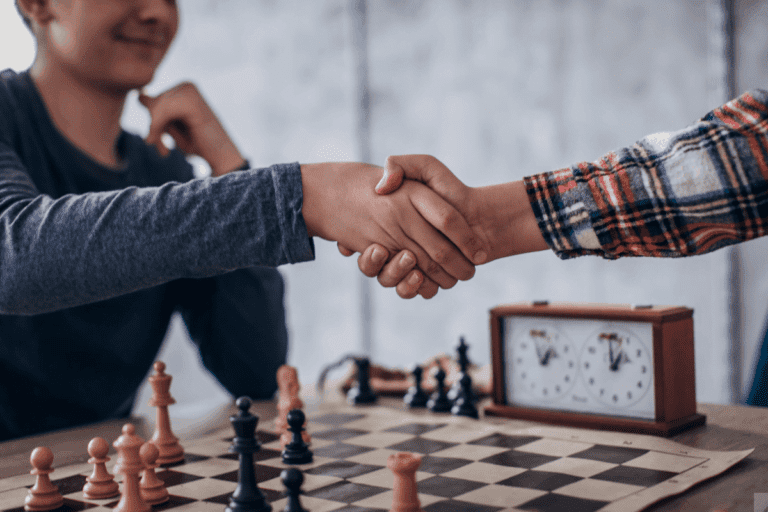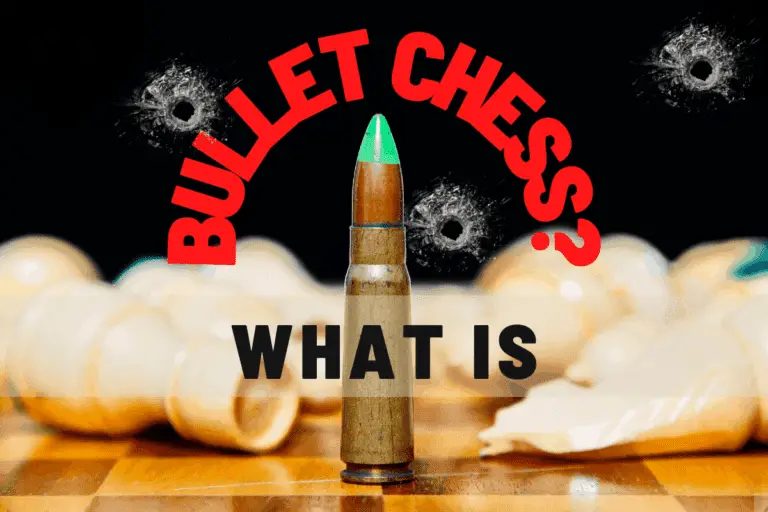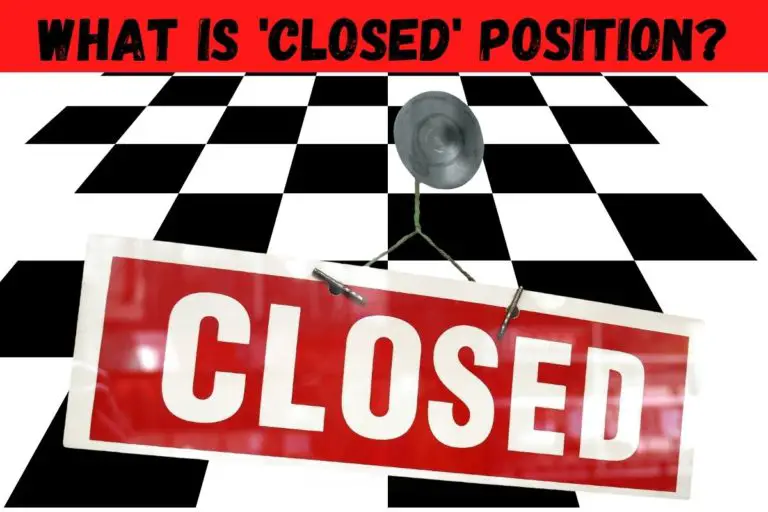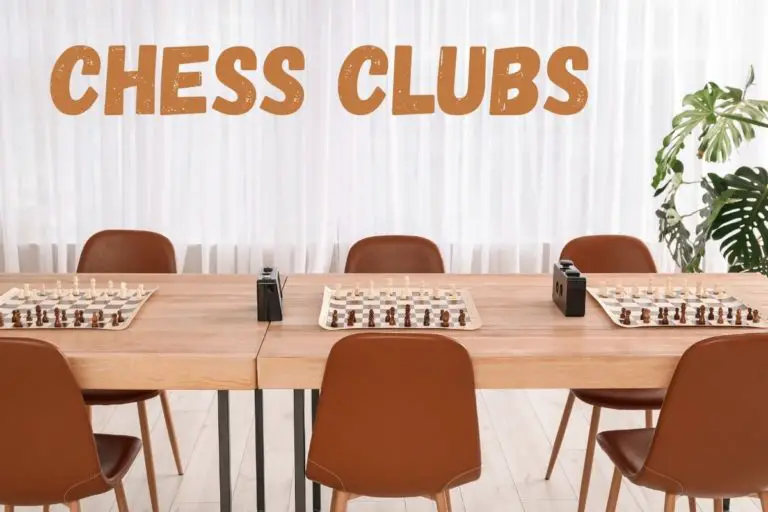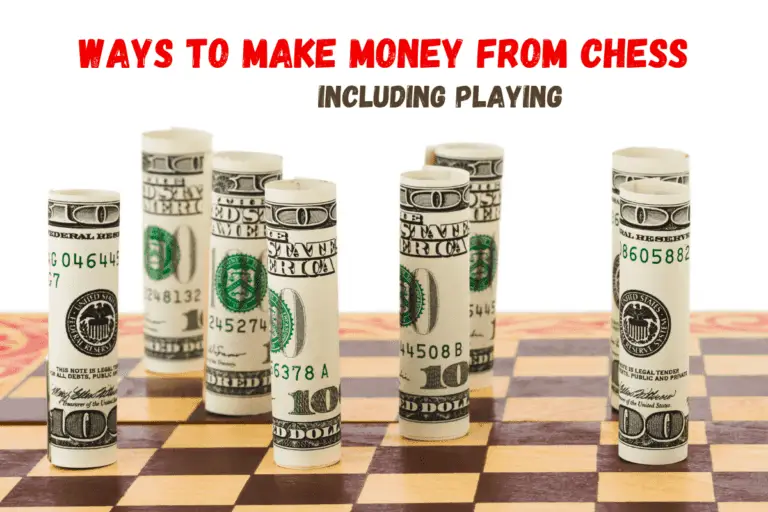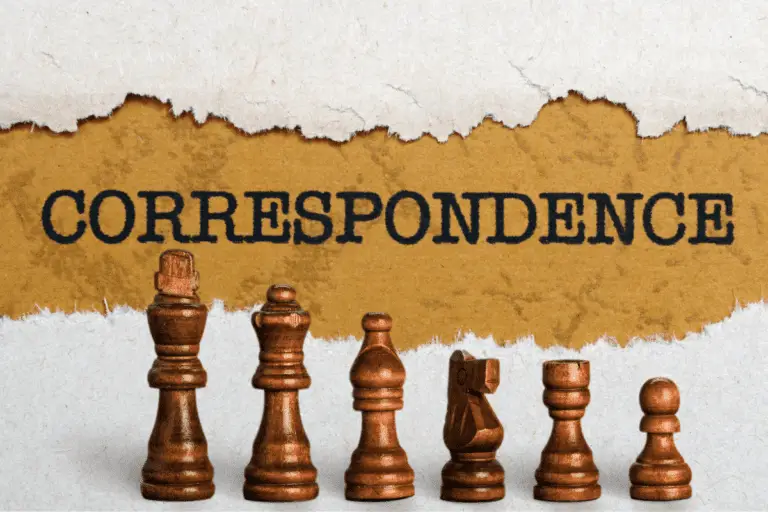Why Chess is Good For You – Or Is it Even?
⭐⭐⭐ Take 6 minutes to read and improve your chess game ➡️ : This article was first published on, and is Copyright of Chessquestions.com
The world of chess is constantly shifting, changing, and becoming more complex with many people assuming that all things about chess are healthy. However, several people have started to wonder if the rapid growth of the mind that chess games encourage can always be healthy. Wondering why chess is good for you has become a common question faced by those looking to enter the game.
Chess is good for any mind because it stresses the brain in new ways every time the game is played, helping to build focus and memory strength. Many children greatly benefitting from the strength induced by the processes required to think through each move, calculate opponent moves, and remembering lessons learned before.
There are many facets to the benefits provided by the effects of chess with each new area of focus for the game creating new links and strengths. Many chess players excel in specific areas at younger ages and are quickly able to progress through to the top of their fields. Abilities in chess are not measures of intelligence for a student, but understanding how each part strengthens the mind builds memory power, and helps growth is vital to not overstimulating the mind.
Can chess be bad for the mind?
If you are focused too much on chess, not allowing the mind to rest or heal from excessive use then chess can quickly turn into something bad. Many chess players that dedicated their entire lives to the game, never resting and overtly obsessing have gone on to get various mental ailments. This is why you will regularly see that even the most stringent chess training camps will have regular breaks.
A lot of people assume to get the benefits from chess it is required that you be constantly working and playing the game, trying to figure out new strategies to challenge your opponents. However, this quickly leads to the brain being overtaxed, and like all muscles in the body, this leads to rapid decline and damage in the older age.
Many expert chess players that were fantastic when they were players descended into slight madness as they aged. Take a look at these grandmasters who rather struggled, for whatever reason, with critical thinking abilities later on in life.
Finding the right balance is vital to ensuring that your mind does not get damaged by being overly stressed by chess. Many people assume that this is not something that can happen, and while chess can perhaps have positive effects in fending off the effects of dementia and Alzheimer’s, being too stressed can cause damage. Too much of anything good, even exercise can quickly become a bad thing, and this is not something that can simply be cured.
Who is most likely to benefit from chess?
As with all mental and physical exercises, there is not a real specific time in your life that will benefit you the most, with chess helping a mind of any age grow healthily. However, like running long distances, playing chess and developing strategic thinking control can be much more effective at certain ages than at others. Knowing when these ages are will greatly benefit the growth of anyone playing chess.
Generally, any teenager to adult will benefit moderately from playing chess with many playing the game as the opportunity arises or as a way to relax. However, at these ages, many people are focused on other things in life and the skills that chess may help to develop should already be present, while the diseases that it helps prevent are not yet present.
Children up to teens
The people most likely to benefit from playing chess are children as the game develops critical thinking, foresight, memory, and many other skills that can take years to develop in young minds. Usually, younger chess players are the younger players as well, this is because the mind is more able to adapt and overcome challenges at these ages.
However, as you grow up chess will still be important to keep certain skills sharp and ready, while it may not help to create as many new skills. Older teenagers, young adults, and full adults will enjoy playing the game but cannot create new neural synapsis to improve brainpower. This is usually why you can see most people slowing down or dropping chess as they start to focus on other things in life.
Adults growing older
While chess may not develop new skills as you grow older and enter middle age, it does greatly benefit the mind by keeping it sharp. As the mind ages, certain neural pathways may degrade or simply not be used owing to changes in day-to-day life. This is when you will see that chess is a great way to ensure the mind is not fading.
Naturally over-exerting the mind can cause many people to damage their brains instead of ensuring that it does not age badly. Having the mind working properly and healthily by using it fully and in different ways, as you age will ensure that you always stay sharp and ready. Many times chess is recommended to help prevent several diseases that can ail the mind.
How does chess develop your skills?
Playing chess at a young age has several effects that can develop skills you need to learn eventually, with many people taking a lot longer than they should learn these skills. Chess has a way of inducing these skills in ways that mean there is nothing extreme that needs to be done to develop these. While chess is not the only way to learn these skills, they can induce these skills to be developed at an extremely young age.
Many chess experts from around the world start at a young age, with their minds working extremely hard to overcome and get better with the game. These skills are learned by anyone playing chess at an age where their minds can still adapt and grow, with most people not always realizing that their minds can even be affected in this way. A few of these skills are things that all parents want to teach their children, not being aware that chess is a quick and painless way to teach.
Chess instruction or chess programs can make for an entertaining way to garner the benefits of chess as a pastime. Chess books make for good reading, stimulate brain activity and maintain interest.
- Flow State: This is the state in which your entire mind is focused on one thing, that moment when you enter a state where you can feel your entire body deeply focused on one thing. A flow state can take years to properly achieve as we start growing up and our minds start racing all over the place. However, the power of chess induces this state of mind quite easily and will allow you or your children to comfortably enter a state of flow in any task that requires it.
- Planning Skill: Chess, whether you are playing a quick 1-minute game, or along several days long game, requires planning. In younger minds, chess can easily and comfortably teach the required skills to plan in even the toughest of situations. The greatest planners are usually those that love playing the game of chess, even when they know they may lose, they will want to play the game.
- Therapy: An odd side-effect of playing chess, at any age, is how much it helps with therapy, with many therapists playing the game with their patients. This is because it helps to increase self-awareness and building a closer relationship between the patient and the therapist. This allows people to be more open and comfortable with their therapists, creating the opportunity to work through many challenges.
- Problem-solving: Chess is great at teaching many things, but because you or your children are constantly challenged, it helps with problem-solving. Whether it is through adapting to unexpected challenges that arise on the board, or through solving anything that you may have planned. Problem-solving is an important skill to have and chess is the perfect way of teaching an adaptable problem-solving skill.
Conclusion
Chess can be beneficial for your health and build mental abilities that many children may struggle with from a young age. Having the skills that require chess to be played properly can greatly help a person stay mentally healthy and strong in cognitive ability, however, there are some dangers to overstressing the mind.
Just always be sure that you aren’t playing chess so much and with such intensity that you no longer enjoy it!

